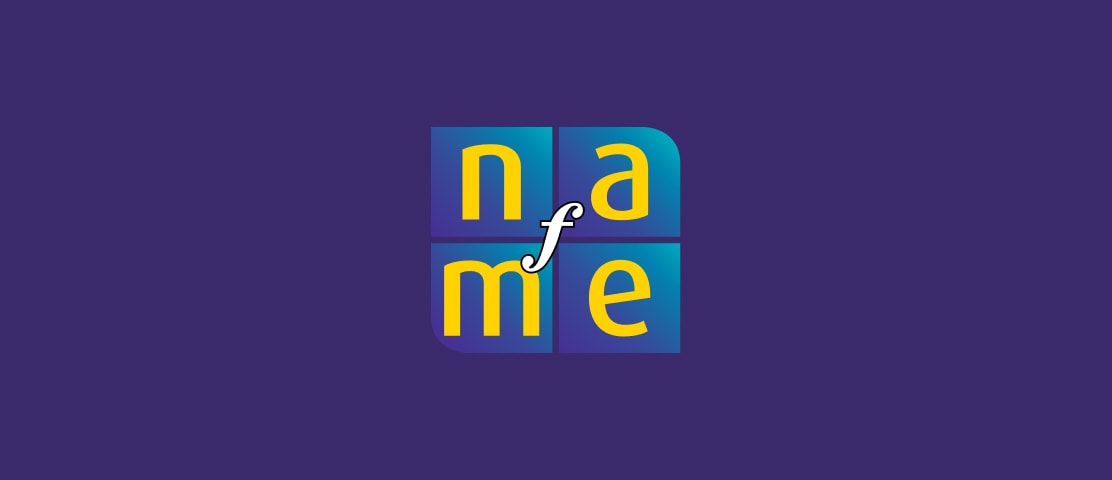/ Publications & Resources / Resource Library / Equity and Access in Music Education
A Position Statement of the National Association for Music Education (NAfME)
A well-rounded education for our nation’s students should not only include the development of knowledge and skills in math, reading and writing, but should also include the development of musical and artistic literacy, allowing them to create, perform, and respond to music throughout the entirety of their lives. Research from a variety of sources indicates that all students do not have equitable access to music education.
This position statement addresses equitable access to music education for all students, so that students, regardless of race, ethnicity, disability, economic status, religious background, sexual orientation and identity, socioeconomic status, academic standing, exceptionalities, or musical abilities, can participate in the making of music within their schools. A companion statement, Diversity and Inclusivity in Music Education, addresses the need for music education programs in our nation’s schools to be inclusive of a variety of music making traditions and opportunities, as well as the importance of building a diverse music educator workforce to support music making by all.
Our Position
All students deserve access to and equity in the delivery of music education, one of the subjects deemed necessary in federal law for a well-rounded education, which is at the heart of NAfME’s stated mission: to advance music education by promoting the understanding and making of music by all.
Contrary to NAfME’s stated position, counterarguments to this position include that requiring music education for all American children constrains the ability of local schools, school districts, and states to determine what curricula students should study in public school. Additional counterarguments state that music education is useful only for those deemed musically talented, not for all students.
Researchers indicate, however, that including music within the curriculum for all students enhances highly valued 21st Century skills such as the ability to be creative, to communicate effectively, and to collaborate. These skills are essential for future quality of life and success in college and/or career. A comprehensive, standards-based music education taught by certified and highly effective music educators leads to the development of these skills, enhancing our schools, our communities, and our nation. Excluding students from high quality music education programs is contrary to the intent of public education in our nation – to create pathways toward lifelong success.
Plan for Implementation
National and state leaders for NAfME will support equity and access in music education by:
- Lobbying and advocating for inclusive policies, laws, and regulations at the federal, state, and local levels supporting music education for all students by removing barriers to access.
- Pursuing a research agenda and data collection that document equity and access issues in music education for our nation’s students, that informs remedies for disparities where they exist.
- Promoting and disseminating, through NAfME’s professional development channels and journals, information to our members on equity and access issues, as well as ways to address these issues locally.
- Requesting our affiliated Federated Music Education Associations address student equity and access to music education and barriers to participation in music education within their state conferences and publications.
Members of NAfME will support equity and access in music education by:
- Encouraging all students to be active in the music programs offered in their schools, including promoting music offerings for students who have not been active music students in prior years (expanding access).
- Working with school leaders to create opportunities that allow all students access to music classes, regardless of their academic status, financial capacity, or other barriers identified locally (addressing access and equity issues).
- Developing new kinds of music programs which are of interest to students (expanding access).
- Adapting teaching practices to accommodate issues of access and equity, including engaging in on-going self- and program-evaluation to understand challenges of access and working with administrators and other school partners to create pathways for more student participation.
For Bibliographic references in support of this statement, please click here.
Category
- Diversity, Equity, Inclusion, and Access (DEIA)
Resource Type
- Position Statement
Year Added
2017




